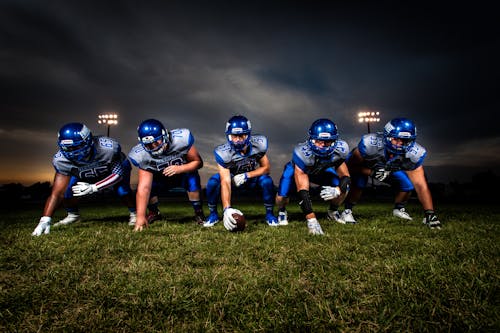WaPo:The goal is to convince Americans that they can live with the virus — that schools should reopen, professional sports should return, a vaccine is likely to arrive by the end of the year and the economy will continue to improve.
White House officials also hope Americans will grow numb to the escalating death toll and learn to accept tens of thousands of new cases a day, according to three people familiar with the White House’s thinking, who requested anonymity to reveal internal deliberations. Americans will “live with the virus being a threat,” in the words of one of those people, a senior administration official.
I believe President Trump's political prospects are being kept alive by two groups at this point: Racists and pro-life evangelicals.
I have some sympathy for the latter group. I grew up with them, went to a conservative evangelical Mennonite college where almost everybody was pro-life. I knew four people on campus who admitted to voting for Bill Clinton in 1992, and I was one of them. I don't agree with all those folks on much these days -- but I love them still.
Admittedly, the abortion issue is a close moral call for me. I think that unborn children exist on a spectrum of bearing moral worth -- but I also think real questions of women's health and freedom is bound up in the all of this, and, for me, that settles the issue in favor of a pro-choice position. But I know a lot of people who come down on the other side, and I respect that for the most part. When I don't, it's because their acts and positions suggest to me that they're more interested in power over women than they are in saving lives.
I can kind of understand, then, why evangelicals support Trump despite his manifestly un-Christian bearing. He's giving them the judges they want to undo -- either by overturning or neutering -- Roe v. Wade. A good friend of mine once told me he was disgusted by Trump, but also felt like he should thank him. I wonder, though, how they can sustain their pro-life witness and continue to back this president.
I mean, consider again these words:
White House officials also hope Americans will grow numb to the escalating death toll...
Why? Well, because trying to save all those lives is hard. And (Trump believes, I think wrongly) that the economy will bounce back if Americans decide to live with the virus and the damage it does.
Pro-lifers tend to reject -- and can even be contemptuous of -- the many women who argue that they are unable to bring an unborn child into the world because they don't possess the economic resources (or other resources) to support that child. For pro-lifers, life trumps any economic argument.
But not now.
If Americans grow numb to death, I wonder how pro-lifers can defend the fact the president they support is OK with your grandma or spouse or child or other loved one dying or being disabled by the virus? Do they think that engenders a "culture of life?"
Maybe there's an argument that COVID was inflicted by nature, while abortions are an active choice. But when you look at America's climbing coronavirus cases and compare them to other developed countries not run by right-wing populists, it's is clear that allowing widespread death in America is a choice being made by the president and his accomplices.
Can you be truly pro-life and support President Trump? We all make moral compromises when we do politics -- purity is for the ineffective and impotent. But at some point, maybe the compromises become too much. Maybe they start to work against your professed values. I think that may be what is happening to pro-lifers right now. No one can say they weren't warned.











